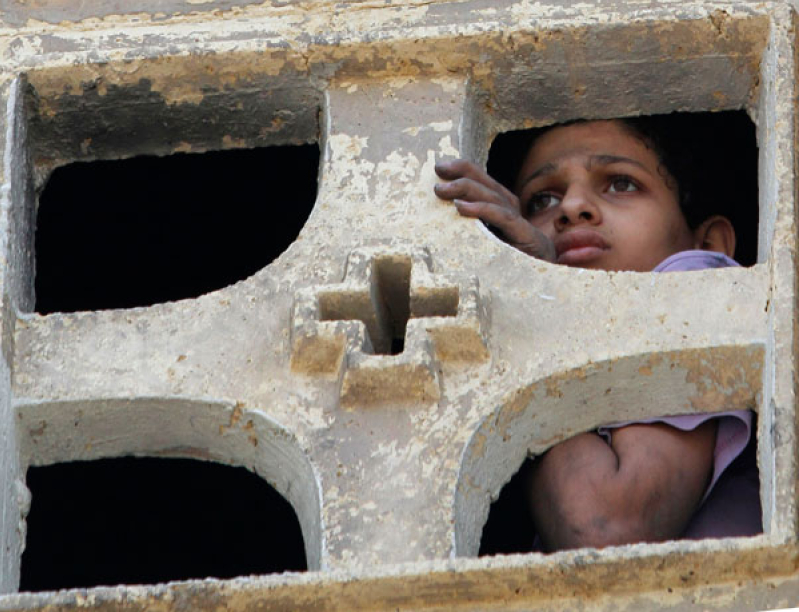
Nearly a third of the world's population live in countries where restrictions on religious beliefs and practices increased between 2006 and 2009, a new report reveals.
Restrictions, which include social hostilities and government restrictions, rose in 23 of the world’s 198 countries (12 percent), decreased in 12 countries (6 percent) and remained essentially unchanged in 163 countries (82 percent), the Pew Forum on Religion and Public Life reported.
Eight countries saw a substantial increase in restrictions while no countries experienced a substantial decrease.
China, Egypt, France, Nigeria, Russia, Thailand, Vietnam and the United Kingdom were listed as countries where the religious are finding it more difficult to practice their faith.
The report, "Rising Restrictions on Religion," found that Christians were being harassed in more countries than any other faith group. Government or social harassment was reported against Christians in 130 countries.
Muslims were also found to be harassed in 117 countries and Jews in 75 countries. Buddhists experienced restrictions only in 16 countries.
The research group scored 198 countries and territories based on government laws, policies and actions as well as acts of religious hostility, religious harassment and other religion-related intimidation or abuse.
"During the three-year period covered by the study, the extent of violence and abuse related to religion increased in more places than it decreased," the report noted.
"The number of countries in which governments used at least some measure of force against religious groups or individuals rose from 91 (46 percent) in the period ending in mid-2008 to 101 (51 percent) in the period ending in mid-2009. This violence was wide-ranging, including individuals being killed, physically abused, imprisoned, detained or displaced from their homes, as well as damage to or destruction of personal or religious properties."
According to the study, the Middle East-North Africa region had the largest proportion of countries where the government imposed greater restrictions on religion.
Government restrictions on religion increased substantially in two European countries as well: France and Serbia.
Europe had the largest proportion of countries where social hostilities increased.
Seven of the 42 countries that had moderate scores on restrictions saw greater restrictions in the three-year period. Only two of the 42 experienced a decrease in restrictions.
Notably, 76 percent of the measured countries provides for freedom of religion in the constitution or in basic laws. Yet in 46 percent of the countries, government interferes with worship or other religious practices. Also, religious literature or broadcasting is limited by government in 40 percent of the countries.
In other findings, social hostilities involving religion in the United States remained at a moderate level. In the U.S., at least 1,300 hate crimes involving religious bias have been reported in recent years, according to FBI reports.
"Rising Restrictions on Religion" is the Pew Forum’s second report on global restrictions on religion. The 198 countries and self-administering territories covered by the study contain more than 99.5 percent of the world’s population. Each country was scored on a total of 33 measures phrased as questions about government restrictions or social hostilities involving religion.







